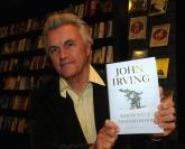Life on the Mississippi
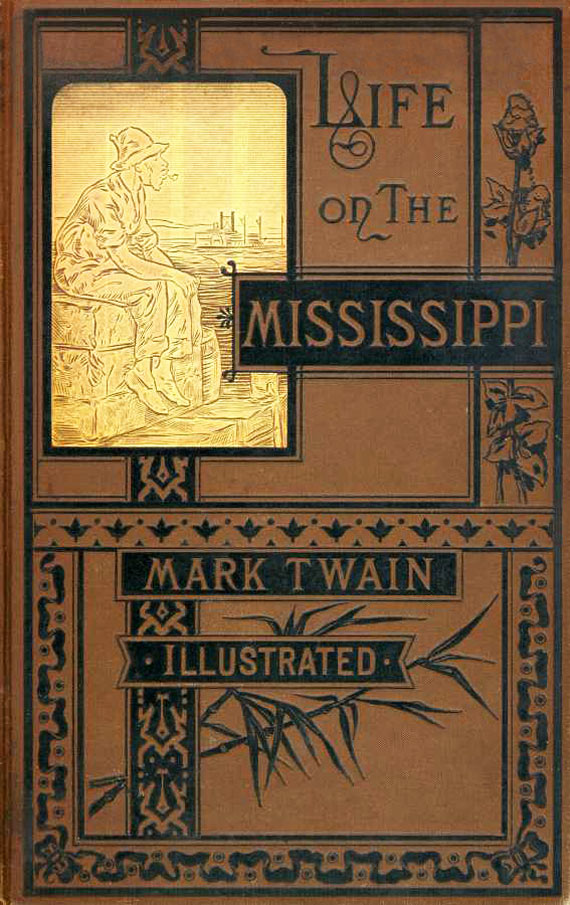 Life on the Mississippi by Mark Twain (1883). This isn’t a book, but a two-part time machine. The first part is a work of literature, as Twain reimagines his salad days as a cub pilot learning to navigate the “fickle Mississippi.” His vivid you-are-there prose transports readers to the untamed land filled with rough-hewn people.
Life on the Mississippi by Mark Twain (1883). This isn’t a book, but a two-part time machine. The first part is a work of literature, as Twain reimagines his salad days as a cub pilot learning to navigate the “fickle Mississippi.” His vivid you-are-there prose transports readers to the untamed land filled with rough-hewn people.


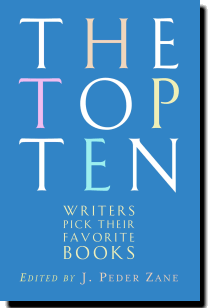
 Life: A User’s Manual
Life: A User’s Manual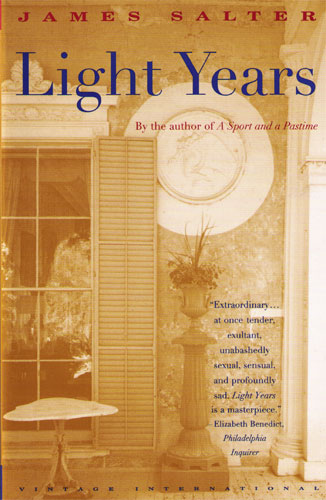
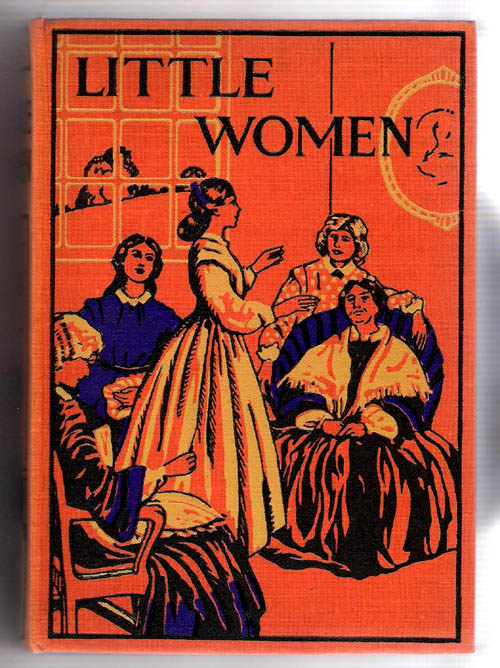 Little Women
Little Women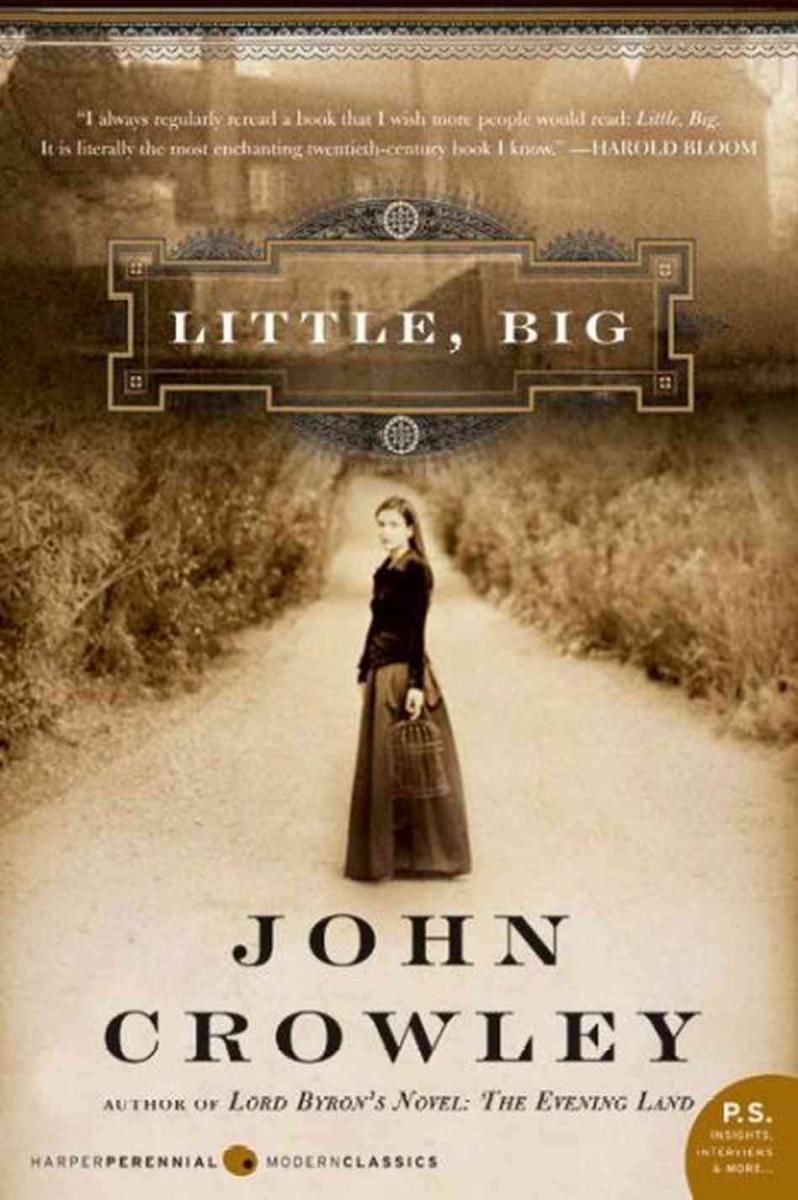
 Lolita
Lolita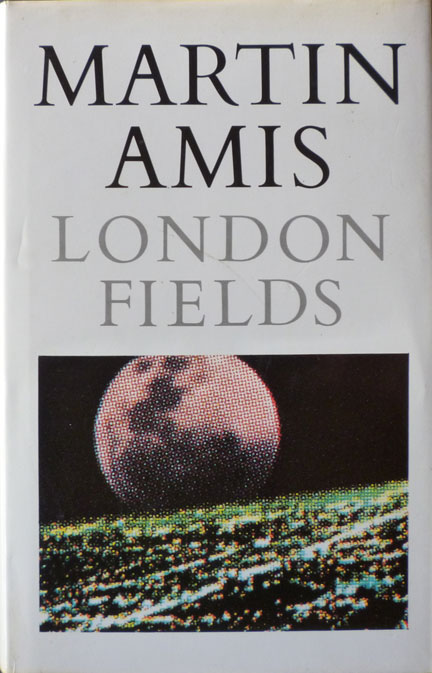 London Fields
London Fields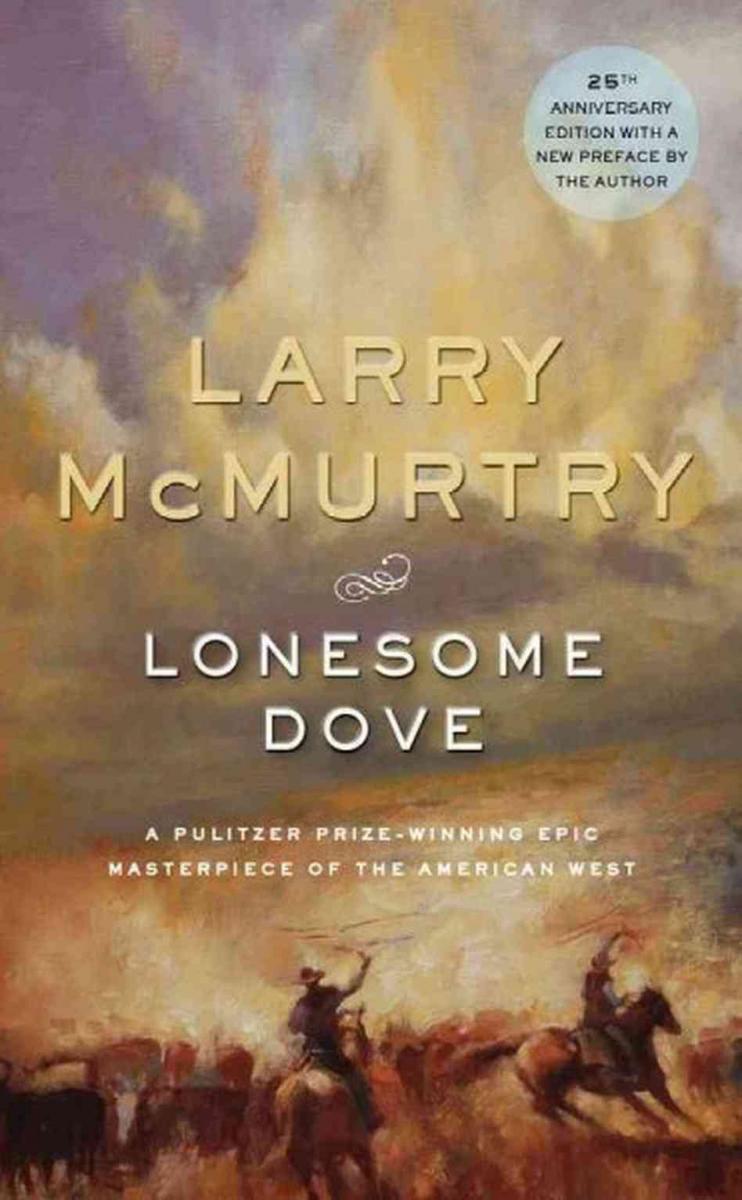 Lonesome Dove
Lonesome Dove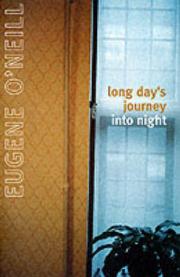 (2)
(2) 